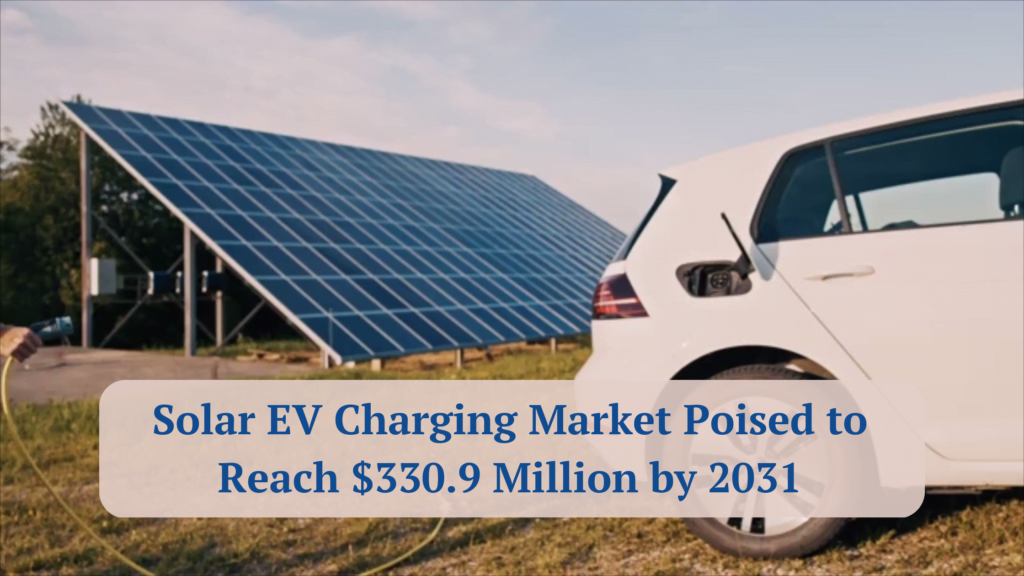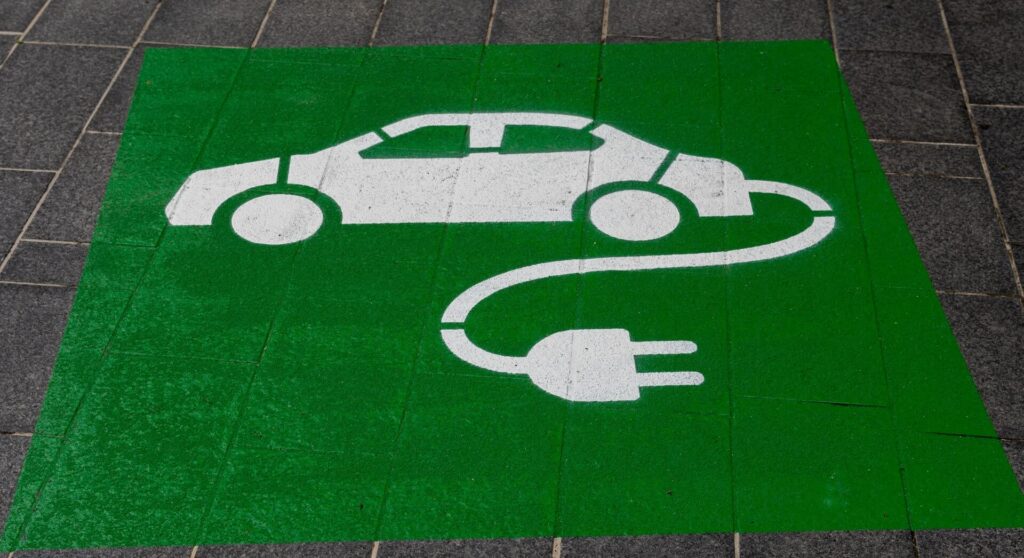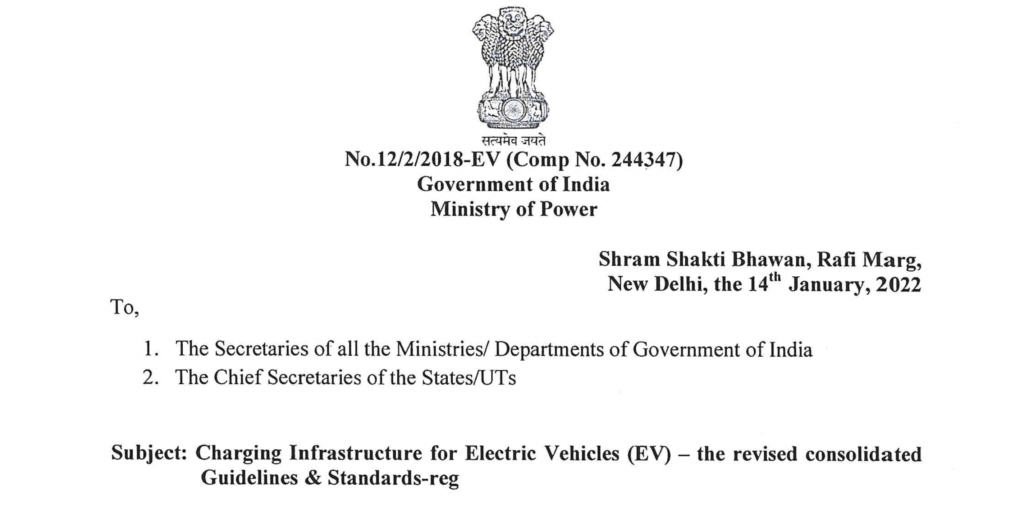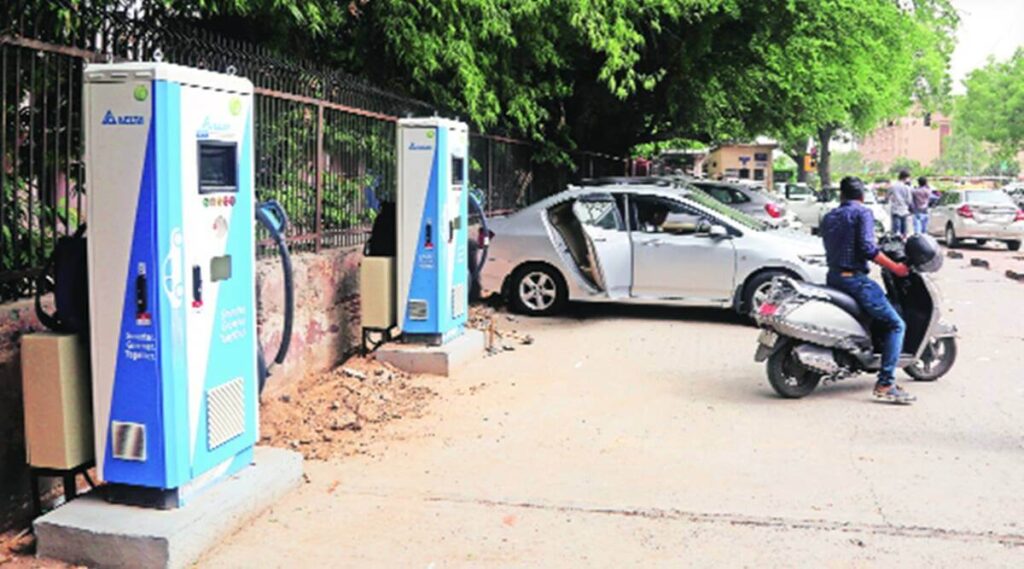
The solar EV charging market is on track to grow at a CAGR of 8.1% from 2022 to 2031, according to a recent report. The market, which was valued at $159.6 million in 2021, is expected to reach $330.9 million by 2031. Some of the key players in the market include iSun, Bharat Heavy Electricals Limited, Zhejiang Benyi New Energy, PowerFlex, EmPower Solar, HES Solar, Paired Power, KEBA, Brightfield Transportation Solutions, and ChargePoint, Inc.

Solar EV Charging Market: Exploring the Promising Path Ahead by 2031
The Asia-Pacific region currently holds the majority share in terms of revenue and is expected to grow at a CAGR of 8.4% from 2022 to 2031. China is projected to drive the growth of the solar EV charging market in the region, with future developments in the solar product industry.
Europe holds a CAGR of 8.2% during the forecast period. The utilization of solar energy for charging electric vehicles is an evolving idea that has gained traction over the past few years. Solar PV has proven to be an excellent solution for localized electricity generation, even for large-scale applications.
Over the past decade, researchers have been exploring the use of solar energy for charging stations to ensure energy autonomy and reduced emissions. A solar panel harnesses solar radiation and converts it into electrical energy, which is used to charge EV batteries with clean energy. Solar energy is one of the cleanest options for fueling electric cars, and one of the main advantages of solar EV charging is the extended life span of solar panels.
Advancements in technology are enabling solar EV charging to create new records in terms of power generation and capacity, which is boosting the global EV charging market size. Increasing awareness and promotion of using green energy solutions are expected to drive the global solar EV charging market growth in the anticipated period.
Solar EV charging has several advantages, including being energy-saving, durable, affordable, safe, and eco-friendly, which is expected to fuel the global solar EV charging market share in the near future. The demand for solar EV charging is already high in the residential sector, as it lowers the expense of charging EV batteries.
Global trends indicate that both the EV and solar industry have been witnessing exponential growth over the recent past. However, challenges remain in making EVs the mainstream for transportation. In the near future, there will be opportunities in the solar EV charging market, such as the growing adoption of EVs in developing countries and improvements in energy storage systems.
For instance, the U.S. currently has approximately 250,000 EVs and about 500,000 solar rooftops, with both industries still growing exponentially. The level 2 segment held the market share of more than 60.0% in 2021 in terms of revenue, while the off-grid segment held the market share of around 70.0% in 2021 in terms of revenue.
The solar EV charging market is poised for significant growth in the coming years, driven by technological advancements, increasing adoption of EVs, and rising demand for green energy solutions.



